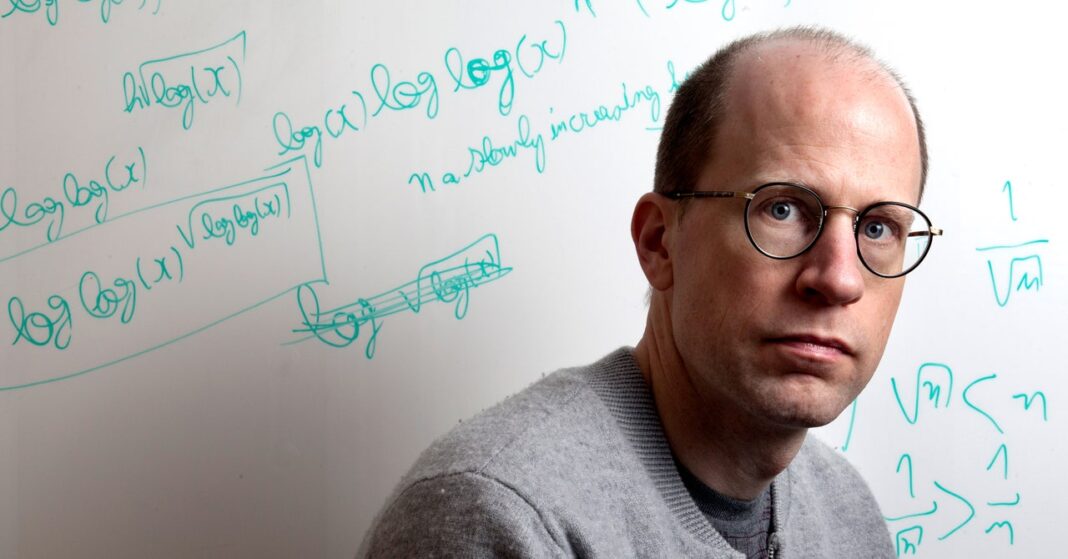In Short:
Philosopher Nick Bostrom, known for his concerns about AI threats, is now exploring a future where superintelligent machines benefit humanity in his new book. He believes AI advancements pose both risks and opportunities and the current focus on potential disasters lacks depth. Bostrom suggests that in a techno-utopia, where AI solves major issues, there may still be challenges like maintaining meaning in life and handling societal conflicts.
Philosopher Nick Bostrom is surprisingly cheerful despite his deep concerns regarding potential threats to humanity. In his latest book, Superintelligence: Paths, Dangers, Strategies, published in 2014, Bostrom highlighted the idea that AI could pose a risk to humanity. This concept, once considered fringe, gained attention from influential figures like Elon Musk, sparking widespread debate about AI risks.
Transition to a New Perspective
Bostrom’s latest book, Deep Utopia: Life and Meaning in a Solved World, takes a different approach, envisioning a future where superintelligent machines benefit humanity without catastrophic consequences. In this techno-utopia, diseases are eradicated, and people can live abundantly and indefinitely. The book delves into the implications of such a world and questions the true meaning of life within it.
Will Knight: Why the shift from focusing on the negative impacts of AI to exploring its potential for good?
Nick Bostrom: There has been a significant increase in attention towards potential AI risks in recent years. While efforts are being made to address these risks, there is a need for deeper thinking about the positive implications of AI development.
The conversations surrounding AI’s potential to solve challenges like automation, climate change, and healthcare are gaining traction. As technology advances, these discussions will become more prevalent and nuanced.
Considering the Future Landscape
In a world where AI plays a significant role in decision-making processes, there is a potential for both positive and negative outcomes. Social applications, political campaigns, and personalized recommendations could reshape society, presenting new challenges and opportunities.
Embracing a Transformed Future
The idea of a future where AI addresses pressing issues and eliminates the need for traditional work may seem appealing. However, careful consideration of the societal impact and ethical implications of such a transition is essential to ensure a positive outcome for all.
This conversation with Nick Bostrom sheds light on the evolving discourse surrounding AI and its potential to shape the future of humanity.





